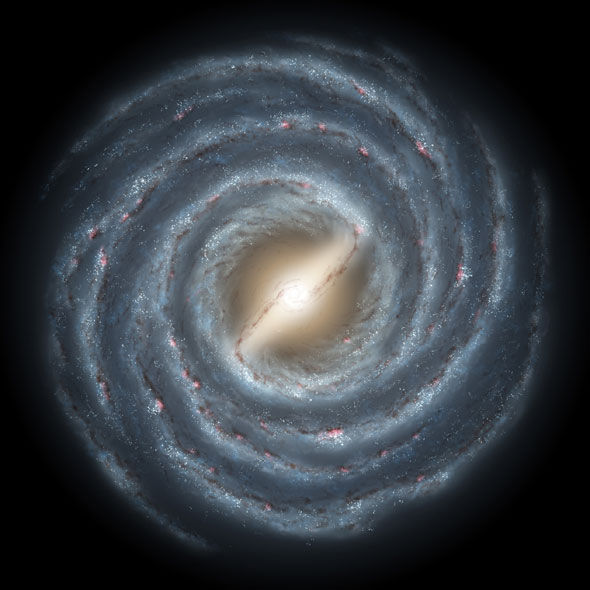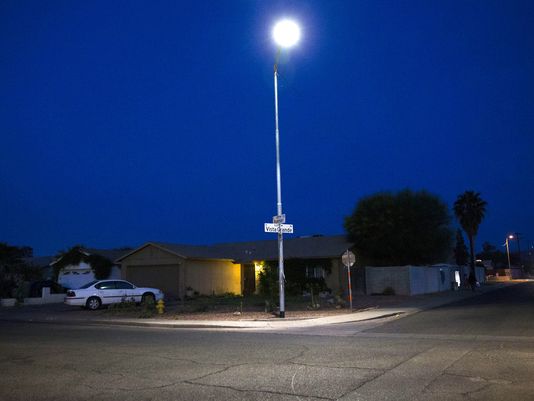Light pollution obstructs view of space
Read more at: http://www.theshorthorn.com/news/light-pollution-obstructs-view-of-space/article_052daede-4789-11e6-92a6-e723d1bc8fb3.html
0 Comments
LED Lighting On The Horizon For Phoenix
|
MediaAvailable for radio/TV/print interviews and appearances relating to astronomy, light pollution, dark skies and more. Contact me! Archives
July 2024
Categories
All
|


 RSS Feed
RSS Feed